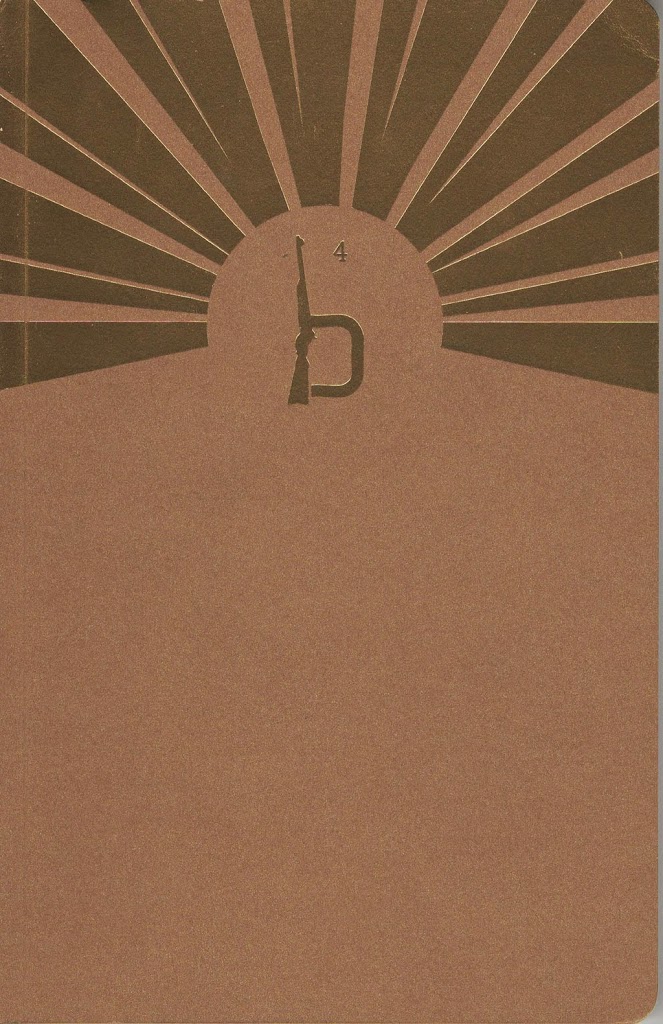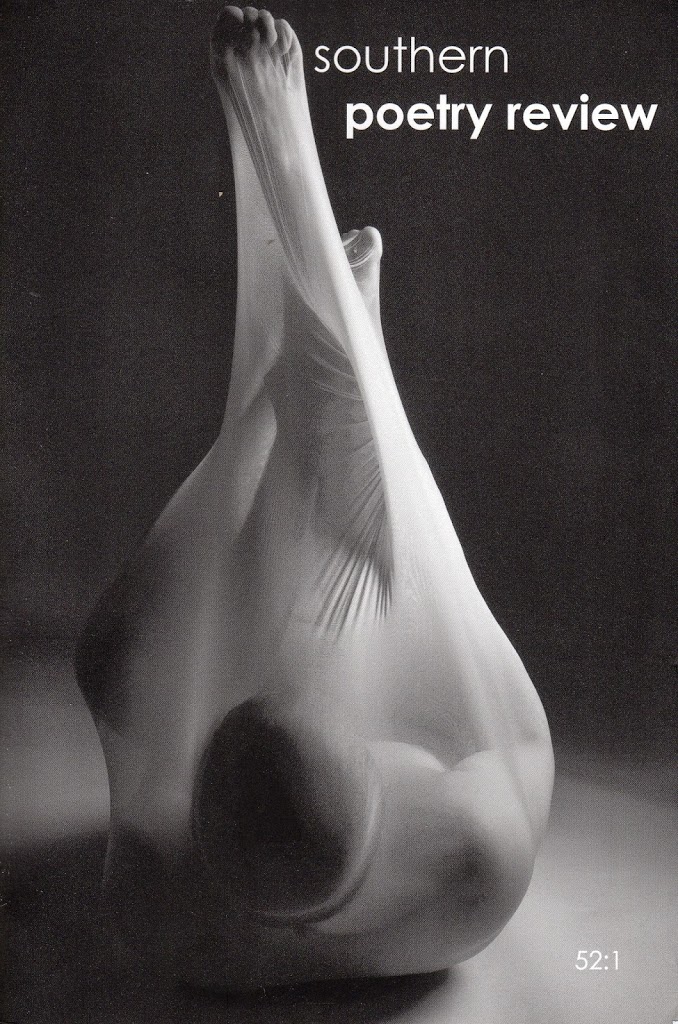The Georgia Review Still Seeks Devil’s Definitions
A Devil’s Dictionary for the Twenty-First Century
Submission Deadline Extended to 1 December 2009
The Georgia Review continues to accept submissions for a planned special feature, “A Devil’s Dictionary for the Twenty-First Century” — an update of sorts of Ambrose Bierce’s brilliant satirical work The Devil’s Dictionary, published just about one hundred years ago.
Taking Bierce as a model, all writers are invited to send one or two original dictionary entries — maximum length, two hundred words each — for publication consideration; those writers who include with their submission a paid order for a new, renewed, or gift subscription to The Georgia Review ($30) may send up to six dictionary entries.
All entries will be considered for publication in our pages and/or on our website. All accepted authors will receive an honorarium and also will be eligible to receive “The Devil’s Due” in the amount of $500 for first place, $150 for second, and $100 for third.
A few representative entries from Bierce’s Devil’s Dictionary:
Apologize, v. i. To lay the foundation for a future offence.
Bigot, n. One who is obstinately and zealously attached to an opinion that you do not entertain.
Defame, v. t. To lie about another. To tell the truth about another.
Dictionary, n. A malevolent literary device for cramping the growth of a language and making it hard and inelastic. This dictionary, however, is a most useful work.
liberty, n. One of Imagination’s most precious possessions.
Novel, n. A short story padded . . .
peace, n. In international affairs, a period of cheating between two periods of fighting.
scribbler, n, A professional writer whose views are antagonistic to one’s own.
and, of course,
Editor, n. . . . a severely virtuous censor, but so charitable withal that he tolerates the virtues of others and the vices of himself; who flings about him the splintering lightning and sturdy thunders of admonition till he resembles a bunch of firecrackers petulantly uttering its mind at the tail of a dog; then straightway murmurs a mild, melodious lay, soft as the cooing of a donkey intoning its prayer to the evening star . . .




